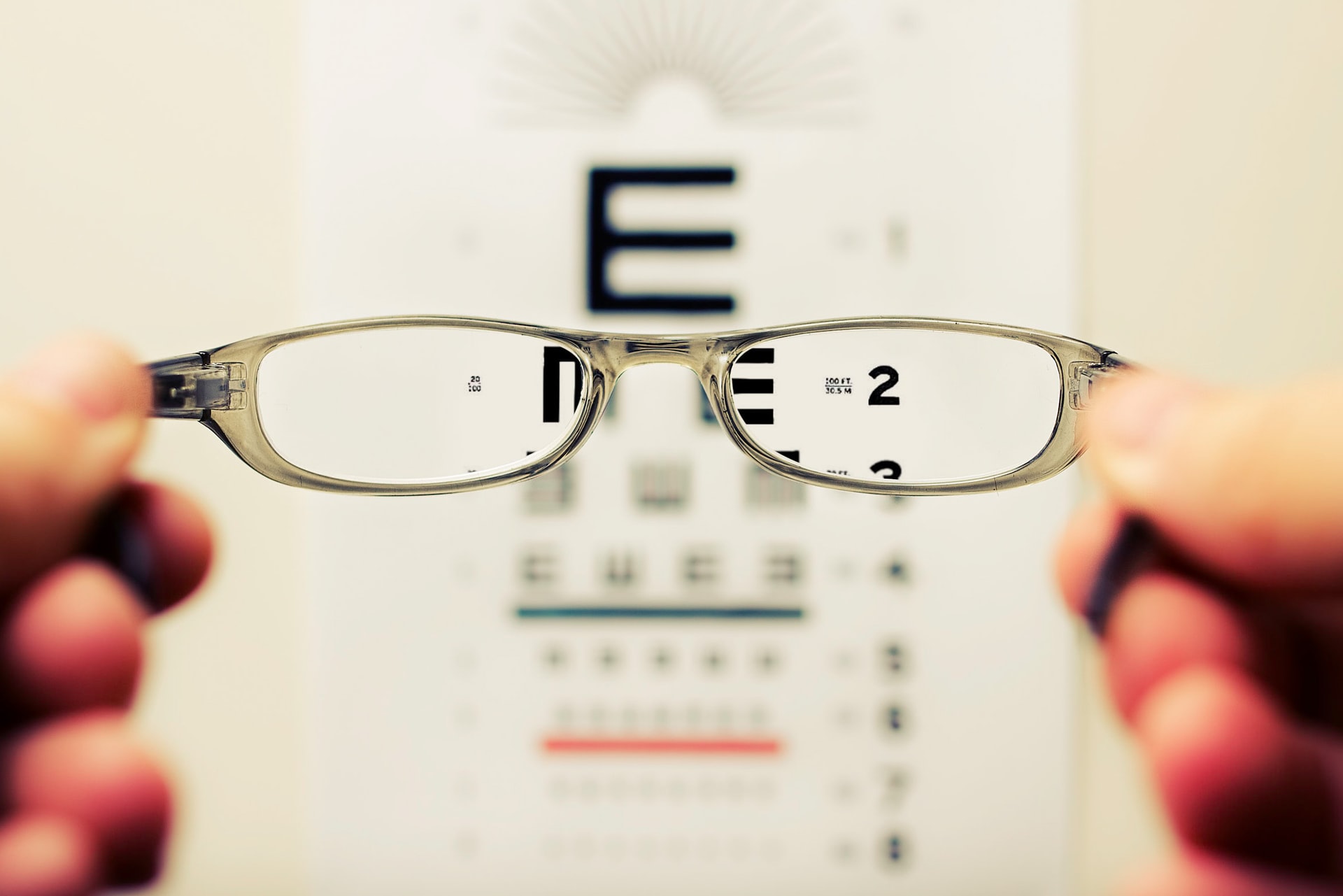Developers spend countless hours in front of computer screens. The majority of professions today require interactions with computers. As if that’s not enough, it extends further into our private lives in this digital age. Even consumer products like iOS and Android devices have built-in metrics to keep track of your screen time. In this article, we explain why it’s essential to reduce screen time and give you ideas on how to do it as an IT engineer; and, in parallel, protect your eyes. Also, check 7 tips to maintain healthier eyes for more ideas applicable to the general population.
Eye preservation
Of all the senses, sight must be the most delightful. – Helen Keller
To start: why should we care about our vision? Written communication has been one of the oldest forms of transferring knowledge. It began as figures then simplified into symbols on caves and papyrus. The evolution continues into alphabets where stories are written in paper books small enough to fit in our pockets. During the industrial age, we enjoyed films in cinemas on large screens. Fast forward to the information age in 2021, and we have video streaming services, news, and social media at our fingertips. This convenience results in even more time spent in front of screens causing Computer Vision Syndrome or lazy eyes.
Our eyes are precious. Do regular checkups. Once a year is often enough to keep track of your vision strength. With services like Easee you can even do it online from the comfort of your own (remote) home. Tracking can be as simple as sending yourself an email with the results after the check-up.
Wear protective gear
Many European countries have 60% or higher population that wear eye spectacles. And this percentage is expected to grow further. While your vision is already impaired, you should opt for the blue filter in your prescription glasses. If you usually don’t wear glasses, it’s advised to get computer glasses, which helps reduce strain on your eyes relieves headaches, improves sleep, etc.
Have a break
Besides protecting your eyes physically, you can start right now by changing your habits: Take regular breaks. Mix with short and longer intervals. Try walking to another room for coffee or water to hydrate yourself. Take a longer walk outside with a friend, housemate, dog, or just by yourself. Preferably visit a park or garden overcrowded places. You might even consider digital detox to reclaim control of your life by limiting digital device usage.
It’s hard to remind yourself of those small but important activities like short breaks. Tools like pomodoro is fantastic. It’s a simple alarm that goes off at intervals, typically every 25min, to remind you to take breaks. There are a wide variety of versions of it. Some as simple as a mobile application, or if you want to go the extra mile to reduce your smartphone usage, get a dedicated Pomodoro timer.
I prefer to plan the longer breaks in my calendar. Since these breaks are around 30min, it’s big enough to be relevant. Also, sometimes you get breakthrough ideas while walking and leave your mind wander off. If not, you are still giving your brain time to recharge to be more effective at the next task. Therefore long breaks warrant a place in our busy agendas. It also informs our colleagues we are busy.
Code your way out of a paper bag
Programmers spend the majority of their time writing code on the computer. Nowadays, we are impatient and jump into the editor/IDE immediately and start programming. During my university years, we were taught to program on paper. Sure this only works for elementary and short programs. While on the job, the tasks are a lot more complicated. But the same principle can be applied. We just need to let go of the part of actually writing working, valid and compilable code. But focus on the method and structure of our solution.
While working out your solution on paper, you will very likely run into the need to research finding an appropriate library or reading existing code. That’s fine as long as you keep those sessions short and make notes.
Plan those as separate sessions for research spikes where actual code must be written to confirm the specific hypothesis.
Environmental conscious
With today’s environmental crisis like global warming (whether you believe it or not is up to you), it’s utterly essential to be conscious of our ecological footprint. Reducing paper usage could be a valid and effective method because this reduces the need to cut trees. You can consider taking some measures.
Recycled paper
If you insist on writing on paper, buy recycled paper. Prices and quality vary a lot. Choose wisely.
Whiteboards
You probably have access to whiteboards already if you work from the office. These are not just great to spark discussions with colleagues. You should use it for yourself also to brainstorm or make plans. Most of us will probably spend more time at home now due to the COVID pandemic. The chances are pretty high work from home (or anywhere) will become a standard. Therefore the whiteboard at the office is irrelevant. If you work from home most of the time, consider getting a whiteboard installed.
Bambook
Bambook is a relatively new concept. It’s essentially a whiteboard-to-go. Its size resembles a regular notebook, but you can quickly write on it like paper and erase at a glimpse.
e-ink tablets
E-ink devices are not the most environmentally friendly but are a great alternative to a regular tablet. Good examples are devices from Onyx boox like max lumi or remarkable 2. These are multifunctional and fairly flexible. Besides note-taking, you can also use them as e-readers. Determining which one suits you best is a journey on its own.
Summary
Digital screens are everywhere in today’s modern world. Screens have invaded our daily lives. Be it at work in the office or at home watching a blockbuster on Netflix. As developers we are faced with even more screen exposure. Therefore we have should be extra conscious and protect our eyes and psychological health. We highlighted a few simple changes you can make to improve those fronts, like getting computer glasses and reduce screen time. Take breaks. Sometimes it can even increase your productivity and creativity.
In short; try to replace screen time with other activities. Go for the long walk. Now.

